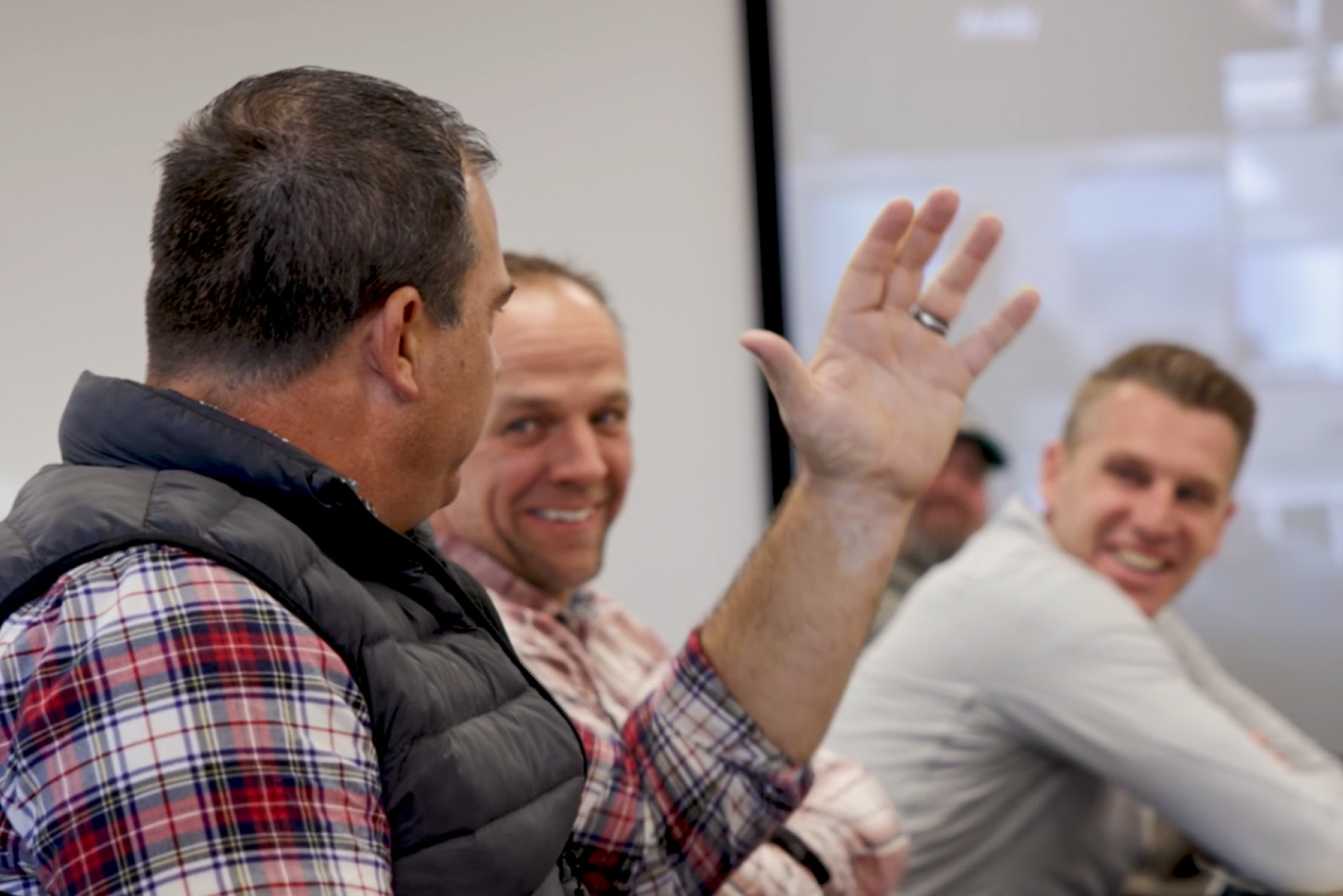The Power of Asking the Right Questions
Last month, we talked about becoming more awake and aware (which, we think, is the whole purpose of life!).
When you think of someone who’s awake and aware, you might think they have all the answers, that they’re totally calm, confident, and balanced all the time.
But instead of having all the answers, what if being awake and aware is more about asking the right questions?
This can be tricky because if there’s one thing humans generally don’t enjoy, it’s uncertainty. We like knowing the answer (or rather, feeling like we know).
Sitting with the questions feels like a lack of control, to many of us.
We also don’t want to look stupid if we don’t know the answer. That’s valid.
But sticking with the familiar and dancing around the discomfort of questions doesn’t allow us to grow.
Getting comfortable with questions, and learning to ask the RIGHT questions can open us to so much freedom, growth, fulfillment, and potential.
A Paradigm Shift
Our go-go-go, production-valuing society teaches us to find answers and take action ASAP rather than spend time exploring and reflecting.
It also doesn’t help that our brains evolved to equate knowing and familiarity with safety. Have you heard the saying “The devil you know is better than the one you don’t?” That’s exactly what we’re talking about. Most of us would rather deal with unpleasant familiarity than the unknown.
Getting curious and letting things unfold takes some unlearning and practice.
The Value of Questions

“If I had an hour to solve a problem I'd spend 55 minutes thinking about the problem and five minutes thinking about solutions.” -Albert Einstein
One more quote, just because this is so important:
“Give me six hours to chop down a tree and I will spend the first four sharpening the ax.” - Abraham Lincoln
A lot of us want to get past the questioning and exploring stage as quickly as possible so we can jump into the doing stage. We might feel like we’re not making progress by asking questions instead of taking action.
But doing without understanding is whacking away at a tree with a dull ax.
While it might not look like we’re getting anywhere when we’re asking questions, we’re actually gaining understanding and sharpening the ax. We’re aiming before we shoot.
The right questions can lead to deeper understanding, which can make our actions—when it’s time to act—so much more impactful. They can also open us up to more opportunity and possibility than we ever imagined!
Tips for Getting Comfy With Questions

First, let’s remove some pressure: You and your human brain will never be perfect at this. While some people are more comfortable with uncertainty than others, it can still be challenging. There will still be times when the last thing you want to do is ask questions, sit with an unanswered question, or say “I don’t know.”
At Redmond, we encourage questions. We want to explore. Don’t worry about not having the answer right away. This isn’t the same as your third grade teacher calling on you to give an answer to catch you in the act of not paying attention!
When you notice yourself wanting to jump to solutions, answers, and “knowing,” challenge yourself to explore a little more.
Most of the time when we bump into a question, we immediately want to find answers and solutions. When we have answers, solutions, and something to do, we feel more in control. The truth is though, we have less control than we think!
Often, we don’t even care if they’re the best answers or solutions. Just anything to fill that gap.
But there’s so much potential in “I don’t know.”
How to Ask Great Questions

Great questions encourage deep thinking, exploration, and collaboration. They encourage you to consider different perspectives and think about things in a way you haven’t before.
They invite you to understand rather than just jump to the quickest action you can take. They encourage deep, sustainable change that’s aligned with your values rather than Band-Aid solutions. (Sometimes Band-Aids are appropriate and necessary, but they don’t work in every situation/only as a temporary fix while we actively work for deeper understanding.)
When things feel hard…when you’re awake and aware, what questions can you ask?
Here are some good questions to keep in your quiver. These questions are great on your own, but they’re even more effective in a group! When we ask these questions as a team, the possibilities, perspectives, and results are multiplied. Use these alone and with your team, family, and any other group!
What am I seeing/missing? What are you seeing? What are we both missing?
These questions are central to our discussions and exploration at Redmond.
A great place to start is with the simple “What am I seeing? What are you seeing?” This doesn’t mean you have to interpret what you’re seeing or know what it means (in fact, it’s best if you don’t try to make it mean anything yet). These questions are the beginning of clarity and understanding.
“What am I missing/what are we both missing?” encourages us to look deeper, consider other possibilities and perspectives, and keep exploring so we can gain more understanding before jumping to conclusions and solutions.
What am I inviting?
It’s a good practice to “look in the mirror instead of the window.”
This is NOT an invitation to beat yourself up. Blame never helped anyone or improved anything, whether it’s directed inward or outward. Instead, this question puts you back in the driver’s seat by reminding you what lies in your circle of influence, or what’s under your control. (This is an idea we love from Stephen Covey’s work.)
Sometimes things just happen, but even when it’s not our fault, we’re always influencing our environment in some way, even if it’s small. Understanding this might not change the situation, but it can change our experience of it.
Even if someone wrongs you, still asking the question “How am I inviting this?” can be helpful if you ask it with curiosity and empowerment rather than self-blame. Maybe you need to leave the situation, communicate more clearly, etc.
This points you to possibility rather than victimhood.
What is there to celebrate?
This is one of our favorites, which we borrowed from Dewitt Jones.
In any situation, especially challenging ones, you can look around and find something to appreciate. This is a great way to cultivate gratitude and a sense of possibility and creativity, because you’ll constantly be looking for right answers, as Dewitt says. (And there are an infinite number of right answers!)
What’s the best imaginable?
Or alternatively, “What could go right?”
It’s easy to think what could go wrong or think about the bare minimum. Sure, risk analysis is a thing and we want to make sure we’re covering our bases when it comes to safety, etc.
But ONLY thinking about what could go wrong keeps us thinking small and “inside the box,” so to speak, instead of doing great work.
How can I be helpful here?
This is a great alternative to looking for your passion. “Passion” comes with a lot of pressure, but just trying to be helpful? That’s often far more fulfilling and less intimidating than finding your life’s passion. The ironic thing is that being helpful often leads to passion and fulfillment.
Here’s another great article about this!
What’s working? What’s not?
When we truly understand what’s working, we can do MORE of that, which is often a lot more powerful than just focusing on what’s not working.
It’s good to see what’s not working and adjust accordingly, but don’t forget to also amplify what IS working.
WHERE am I smart, intuitive, and creative?
Ask this instead of “Am I smart, intuitive, and creative?” We are all these things, but in different areas. It’s much more useful to look for WHERE your strengths are rather than questioning your creativity, intuition, and intelligence in general. (It’s also a lot more encouraging!)
If all else fails…
A shortcut: If you aren’t sure what the right question is, here’s your Swiss Army knife of questions: good old-fashioned, all purpose question, WHY?
In fact, it’s a great habit to ask WHY five times to get to the root of something, to the bottom of the iceberg. If you can’t think of any other questions, ask why. Wonder why.
Little kids are naturally pros at this. If you’ve spent any amount of time with a child under 10, you know one of their favorite words is “WHY?”
As we gather “answers” and solutions, we ask why less and less. We lose our childlike curiosity, and slowly drift away from that state of wonder.
Our article on our core value of Reflection is also a great resource!
To summarize, here are some handy practices to try:
- Ask WHY. Ask it again. Ask it at least five times in all to get to the root.
- Think about questions a little longer before settling on an answer.
- Practice thinking of answers as temporary, or as the next right thing. Not set in stone or permanent.
- Always look for something to celebrate.
If getting comfortable with questions and the unknown feels out of reach, work on being willing to dance with them. And as you learn to ask better questions, you’ll start to see just how many doors they open!


